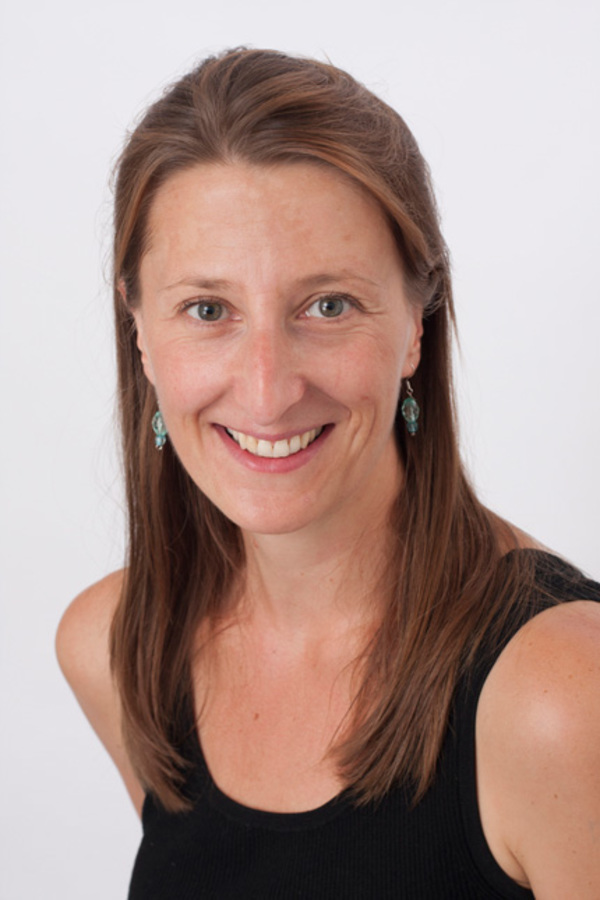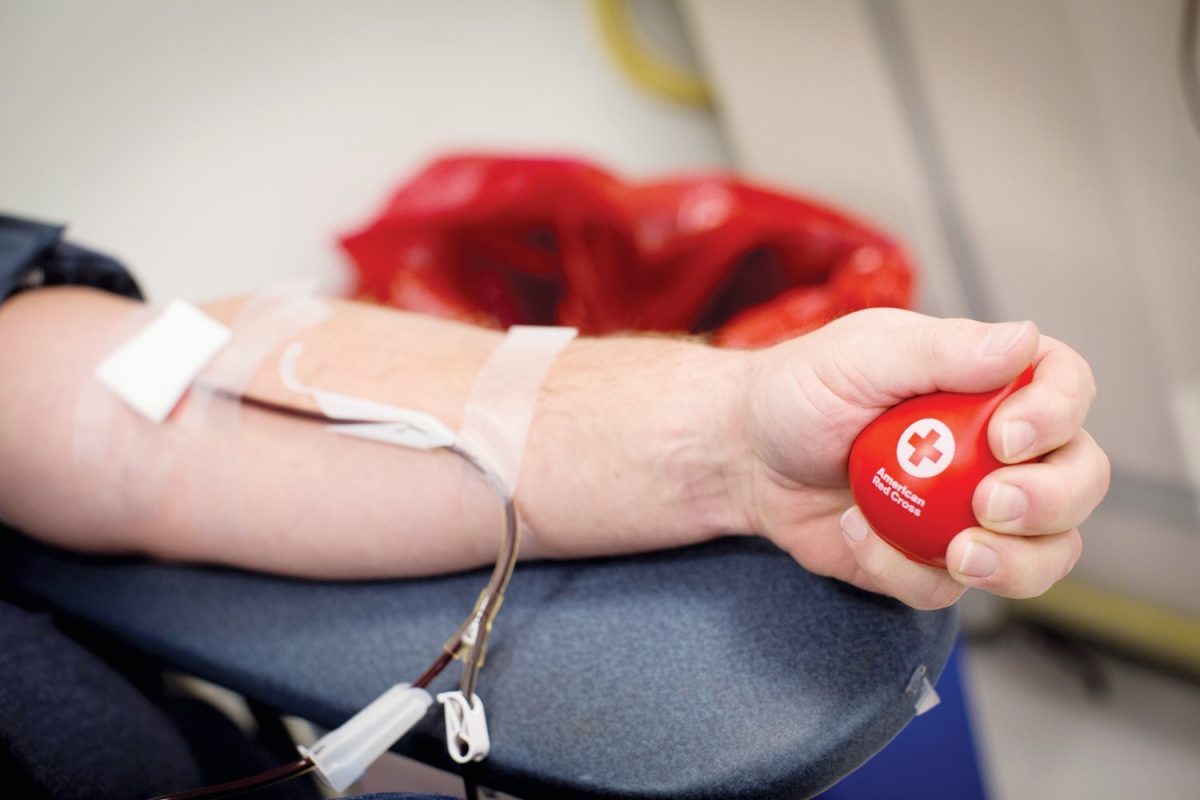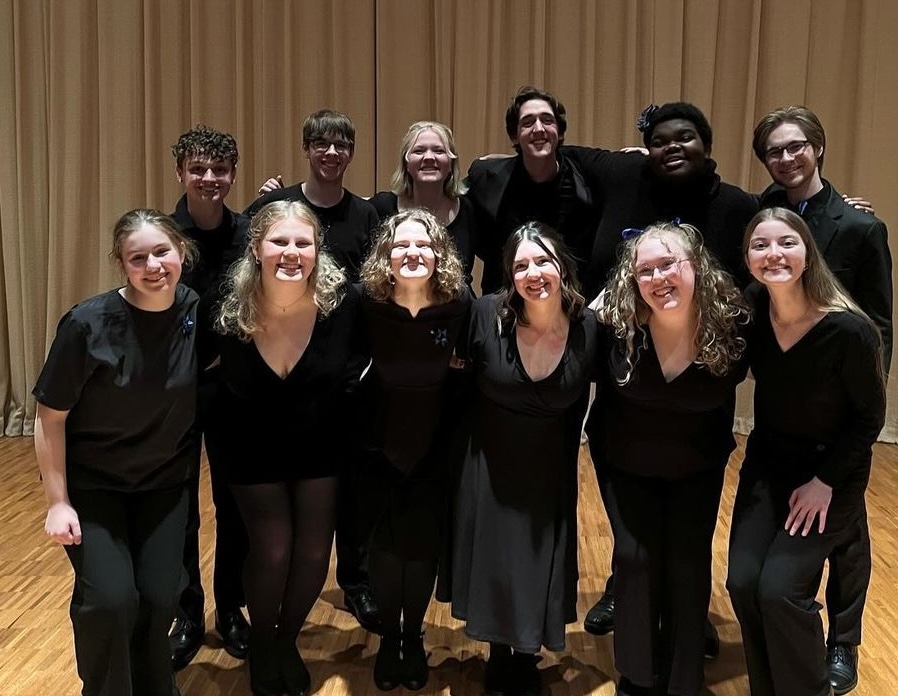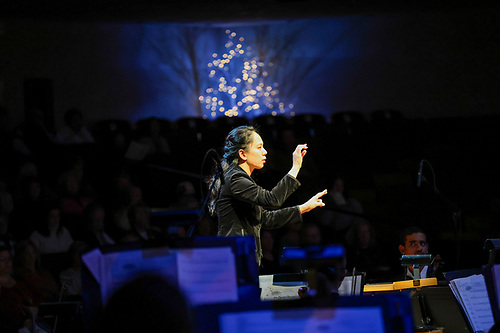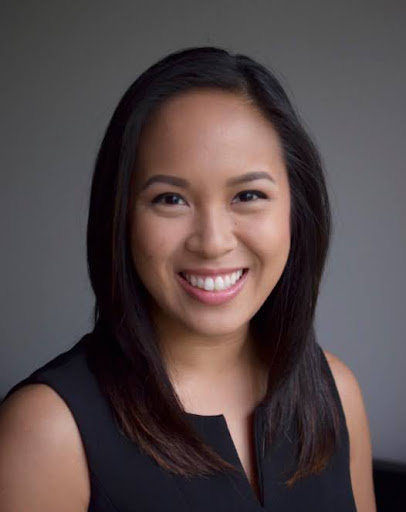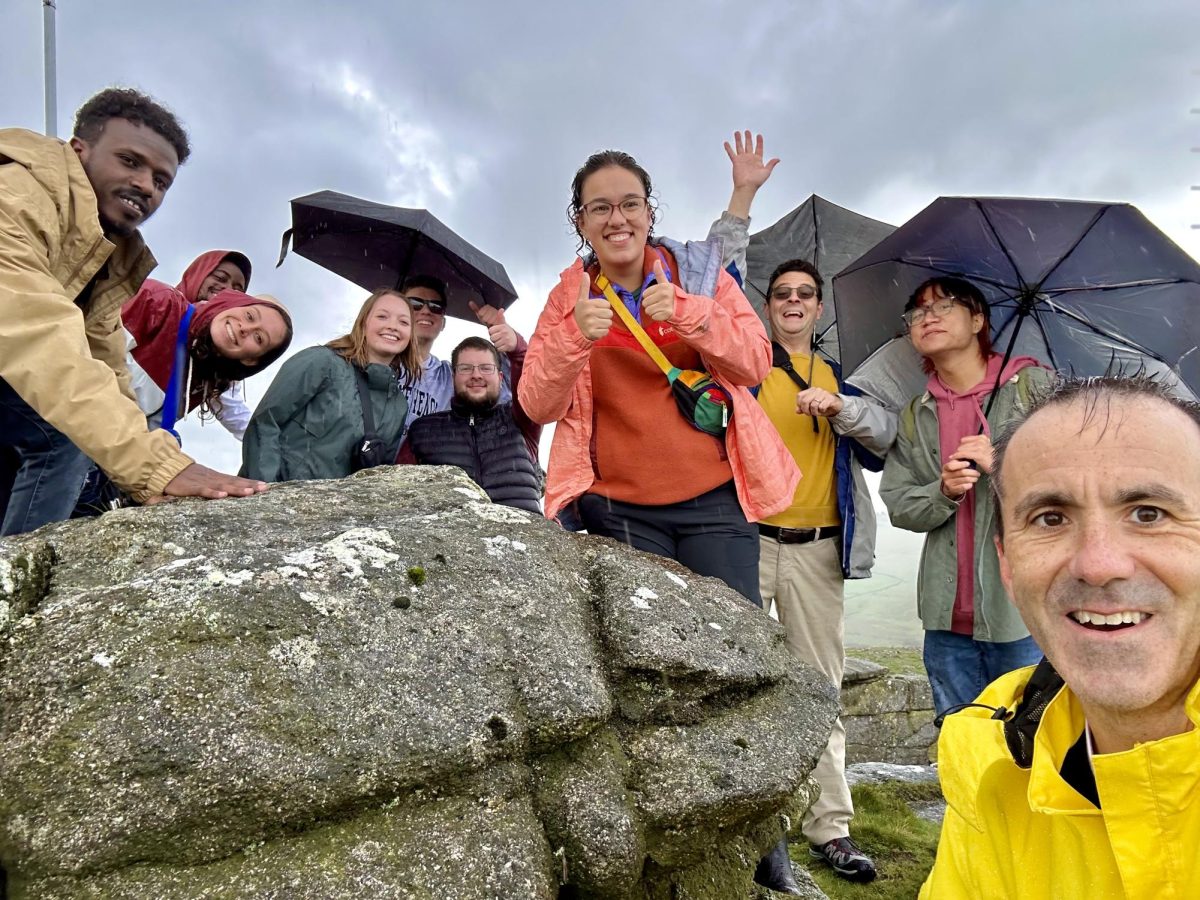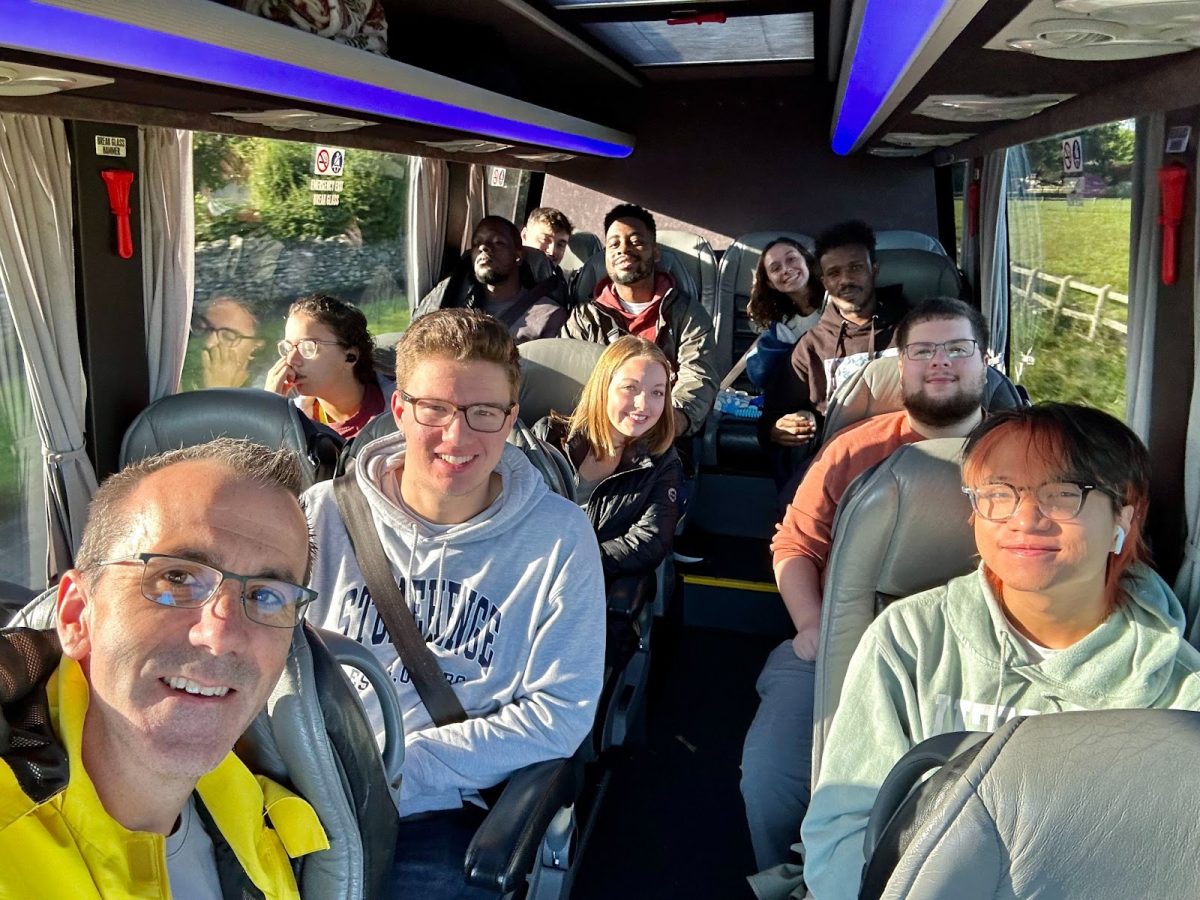Studying away from home is an adventure that often shapes the course of a student’s life. At Luther College, the Center for Global Learning (CGL) plays a crucial role in making this life-changing experience possible. Director of CGL Dr. Victoria Christman is currently on a trip to Nottingham, England — providing me with a wonderful opportunity to have a conversation with her about the transformative power of a study-away experience in the comfort of a Nottingham cafe.
Responses have been edited for clarity and length.
Q: I know that you studied abroad from a very young age. How was that experience for you? How did it affect and change you as a person?
Victoria Christman: I did all of high school and everything in England and then applied to colleges in the U.S. and ended up going over there for undergrad. I came here as an international student, although I had family in the U.S. and they sponsored me. I was considered an international student. I was also a first-generation student, so I was the first in my family to go to college.
I was completely clueless. I couldn’t type. I didn’t realize that I was going to need money for college because in Britain at the time, college was free. So, I went to the financial aid office at Harvard and said, “Where’s my check?” And they were like, “Welcome to America, that’s not how it works.” I got student work jobs, and it was kind of a baptism by fire. It was not what I was expecting. So, I do sympathize with both our international students and our [first generation] students. College is its own culture, and when you step into it with no background in it you do have to learn “a different language”. You have to decipher what all the different things are, and that took a while. It was a fantastic experience. I absolutely loved it.
I made great friends, and I still have a reunion of all my roommates every year. It definitely was a life-changing experience. After [undergrad] I stayed in the States. I went to grad school. I studied in Europe for three years as part of my PhD research. I got the bug — I love to go and live in different places. Traveling is great, but I also like to go and embed myself in a place, just learn the place. So I would say that is something that I developed out of my study.
Q: Why did you decide to be the director of CGL?
A: Before this, I was directing the international studies program, and I love that program. I love teaching in it. I love those students, the present company included.
I worked closely with the CGL for many years because my students in international studies always had to study abroad. So I worked closely with [previous CGL director and current Director of International Admissions Jon Lund], and the whole office of the CGL. It was always my favorite office on campus because it was so well organized. Those people knew their stuff so well.
When I heard that Jon was thinking of stepping back from [being director], I knew that I would really enjoy that. Because I had a toe in that for quite some time. Then I applied, and they let me do it. Nobody stopped me yet, so I just keep doing it.
Q: How has the experience been for you?
A: Fun! These are my favorite students. These are students who don’t just want to visit places, but like to go and live in different places, which is a really different experience, and I love it.
I thoroughly enjoy it. I didn’t expect it to involve so much whack-a-mole, like putting out fires. I thought I would plan my year, and things would happen the way they were supposed to, but that does not always happen. But even that, I like creative problem-solving, and there’s an awful lot of that in this job.
Q: Luther is ranked second in the nation when it comes to the percentage of students who participate in study abroad programs. How did you build that culture in our college?
A: I can’t take credit for that, that predates me by a long time, but it’s always been a culture at the college that students go abroad. You and I are sitting in a cafe in Nottingham, but students have been coming here from Luther for 53 years. That’s unheard of, right? The programs that [Luther has] in Malta and Munster, Germany, are over 30 years old. So it’s been a culture of the college far before I ever showed up at the college.
I just think one of the strengths of Luther is that we’re in the middle of nowhere — which people always think is a weakness, but I see it as a strength. Because, you get away from the distractions of everything else to do your undergrad, but it gives the college an awareness that our students need to be connected to the rest of the world. The college encourages them to go and experience the rest of the world. I think it’s a strength of the college, but I also think it’s really important for the vitality of the college.
Bringing international students to the college has a similar effect, right? Internationalizing the campus is really important.
Q: What would you say to encourage students to study abroad?
A: When you live in a different place, it doesn’t matter where it is. It doesn’t matter if they speak a different language, live in a different country, situation, rural, urban, whatever, you view everything with a different lens because it shows you that there are different lenses, right?
If you’ve grown up in Austin, Minnesota, that’s a great place, and it’s lovely to be from there, but you view everything through the Austin, Minnesota lens, and until you put a different lens on, you can’t see the world differently. But this, everything looks different. You come back, and all the things that you know really well also look different, because you’re looking at them with different eyes. It is absolutely life-changing.
Q: What are the resources available for students at CGL to help them navigate the study away process?
A: They have lots of resources. First of all, we have really great staff who know the programs really well and can advise students really beneficially about how things fit academically, and how they fit personally.
Once students are abroad, or even in helping them get abroad, we’ll help support students through the horrible visa-getting process. Once they are away, we scaffold their experience with lots of things like insurance and mental health care, and we have scholarships to help people get there with some financial assistance.

